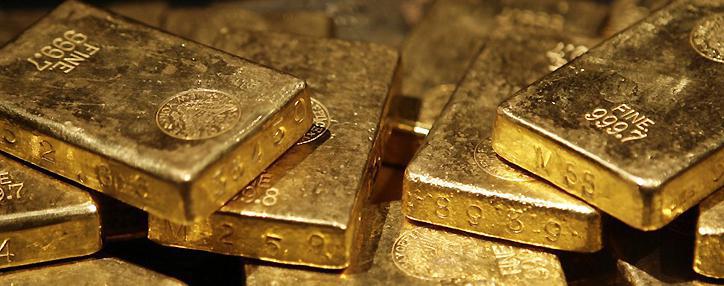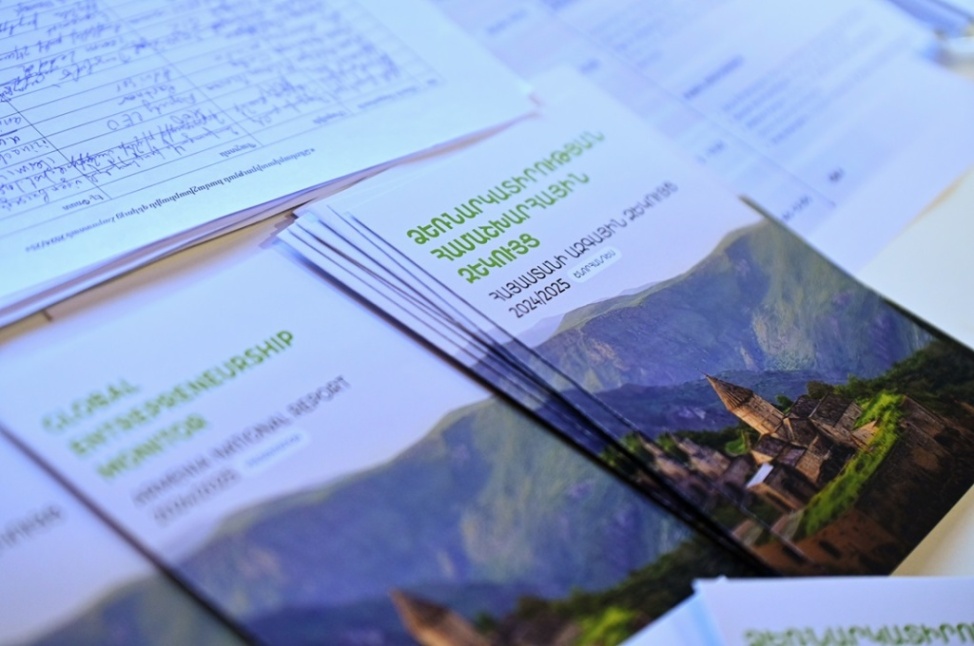Newspaper says Armenia will restore its gold reserves
14.02.2017,
15:21
Armenia’s leadership has made a political decision to restore the country's gold reserves in the near future, a local daily "Haykakan Zhamank" (Armenian Time) says in its today’s issue.

YEREVAN, February 14. / ARKA /. Armenia’s leadership has made a political decision to restore the country's gold reserves in the near future, a local daily "Haykakan Zhamank" (Armenian Time) says in its today’s issue.
According to the newspaper, this issue will be handled by the Central Bank. It says also there is no information how much gold will be reserved, but in all likelihood the Central Bank will buy part of the gold produced in Armenia.
In late 2003 the Central Bank made a strategic decision not to use gold in its external gross reserves and sold 1.4 tons of gold for $17 million. The move was explained by ‘the high liquidity on the gold market over the past few years.’
The Central Bank said at that time that ‘the high correlation between gold and the euro means that even without gold in international reserves the necessary level of diversification can be maintained and at the same time the yield of international reserves can be raised.”
‘Haykakan Zhamanak’ says the regulator sold Armenia’s gold reserves at a time when its price was $400 per ounce. That was the lowest price over the previous 14 years. After the sale of Armenia’s gold reserves the world price of gold increased significantly and now stands at more than $1,200 per ounce. -0-
According to the newspaper, this issue will be handled by the Central Bank. It says also there is no information how much gold will be reserved, but in all likelihood the Central Bank will buy part of the gold produced in Armenia.
In late 2003 the Central Bank made a strategic decision not to use gold in its external gross reserves and sold 1.4 tons of gold for $17 million. The move was explained by ‘the high liquidity on the gold market over the past few years.’
The Central Bank said at that time that ‘the high correlation between gold and the euro means that even without gold in international reserves the necessary level of diversification can be maintained and at the same time the yield of international reserves can be raised.”
‘Haykakan Zhamanak’ says the regulator sold Armenia’s gold reserves at a time when its price was $400 per ounce. That was the lowest price over the previous 14 years. After the sale of Armenia’s gold reserves the world price of gold increased significantly and now stands at more than $1,200 per ounce. -0-



